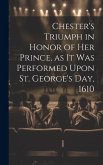May-Day, and Other Pieces, has been acknowledged as a major work throughout human history, and we have taken precautions to assure its preservation by republishing this book in a modern manner for both present and future generations. This book has been completely retyped, revised, and reformatted. The text is readable and clear because these books are not created from scanned copies.
Hinweis: Dieser Artikel kann nur an eine deutsche Lieferadresse ausgeliefert werden.
Hinweis: Dieser Artikel kann nur an eine deutsche Lieferadresse ausgeliefert werden.

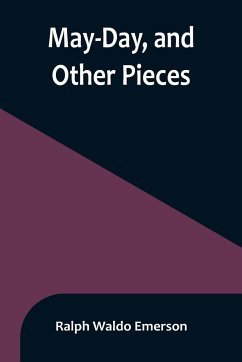
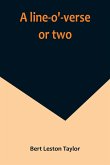
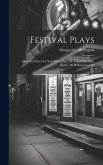
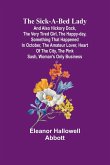

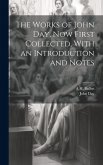
![St. David's day, or, The Honest Welchman [microform]: A Ballad Farce in two Acts St. David's day, or, The Honest Welchman [microform]: A Ballad Farce in two Acts](https://bilder.buecher.de/produkte/56/56484/56484035n.jpg)
